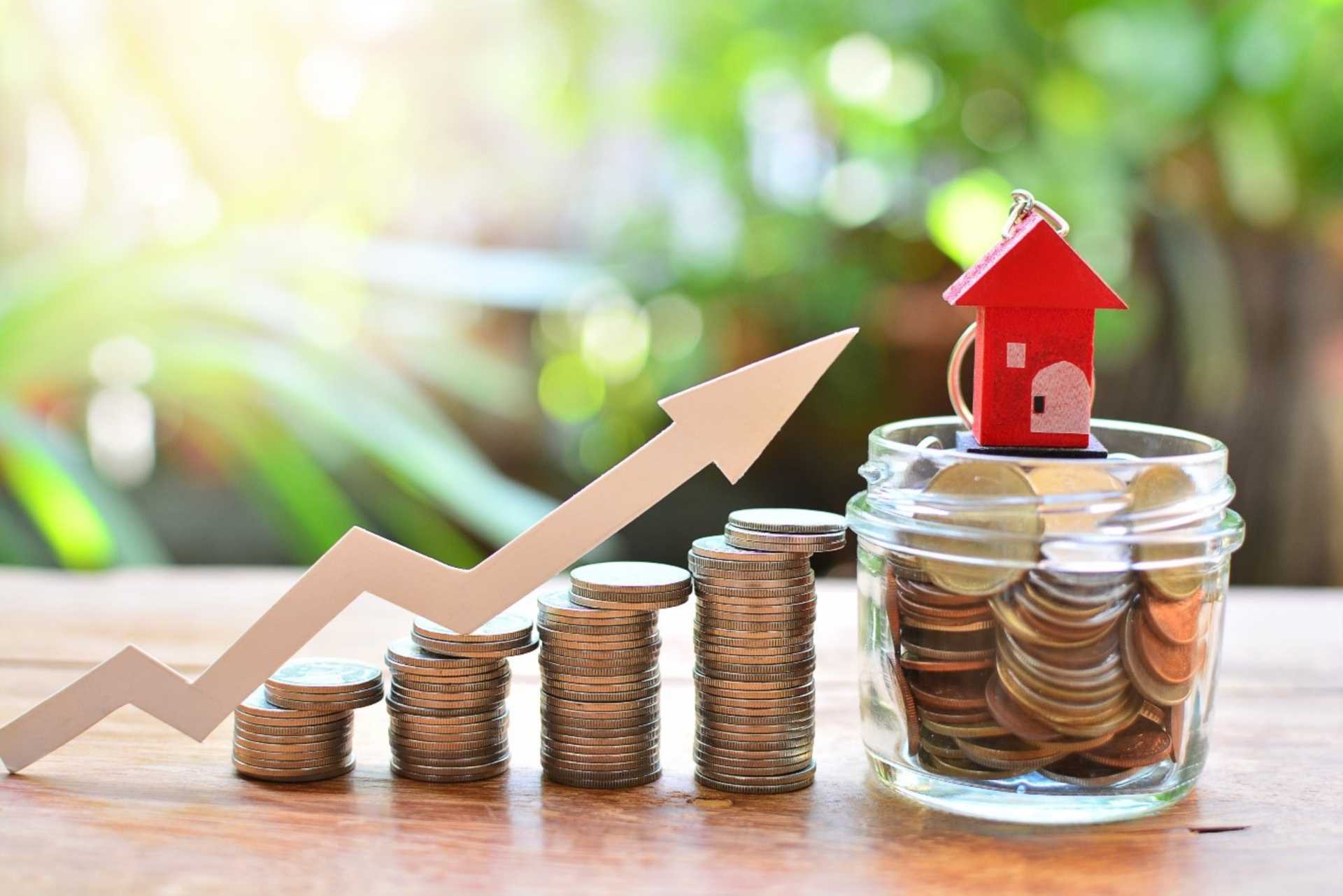
Date Published 19 February 2019
One of the key things we focus on when we own a home is how to add value to the property and make it more sellable for the future. However, a question which will also help you to achieve your property's best potential is what are the top things that will devalue your home? Here are some of the key factors that National Association of Estate Agency (NAEA) members have experienced as having a negative impact on property value.
1) It's all about personality
We all have our own taste and style, or lack thereof and of course the desire to make our homes reflect our personalities is only natural, but personal tastes can become a sticking point when it comes to selling up. Maybe you love a particular football team, or you think that glitter is an absolute necessity in the bathroom, and if that is the case then the NAEA recommends redecorating before taking your home to market. Homes which are decorated in more neutral colours are typically the most saleable as buyers can envisage how their possessions would look in the space.
2) Tip-top or big flop?
If your property is in tip-top condition, then it goes without saying that the value of your home will remain strong – and the desirability factor will certainly come in to play as people like to buy properties which they can move straight into without having to do any work. Not only will the photographs which market your property look better, viewings will certainly go more smoothly if your home is in good condition; having to explain cracks in the wall, single-glazing or peeling wallpaper can be a deal-breaker. Similarly, the basics of ensuring your home is clutter-free, clean and fresh-smelling will all aid in your quest to gain the best possible price for your property.
3) In the deep end
A swimming pool may sound like an attractive feature, and the cultural kudos of having such a feature may seem alluring at first, but the NAEA has shown that a pool is, in fact, a hinderance. With the famed British weather not being particularly conducive to a pool, buyers often see pools as an expense due to their maintenance fees and the volume of space they take up. If you do have a pool that isn't being used, then it may be a good idea to fill it in and eradicate the potential problem that buyers see when they come across the feature. On the other hand, if your pool is in good condition then selling in summer when it looks its best and buyers can imagine themselves making the most of it could be a positive selling point.
4) Permission granted
Often, increasing the size of your property is a sure-fire way to add value to it, with the extra floorspace also very attractive to buyers. Extensions and additions can become a headache, however, if you do not have the appropriate planning permission and building regulation documents. If you do not have these documents, then prospective buyers will often request for them before agreeing to a sale, meaning you will have to pay for them retrospectively.
5) Knot a good sign
Japanese Knotweed (Fallopia japonica) is a fast-growing invasive weed which is extremely difficult to eradicate, making it quite the nuisance. With its aggressive characteristics, Japanese Knotweed can significantly damage the foundations of a property thereby making it at risk of subsidence and potentially causing thousands of pounds of damage. Due to the difficulty in getting rid of the weed, many buyers would be put-off of a purchase if they were cognisant of its presence in a property.
'The house-moving process is undoubtedly stressful, so it's important to know what could add value to your home and what might detract or even completely put off potential buyers,' Mark Bentley, president at NAEA Propertymark, commented.
Bentley concluded: 'You can ask friends or family for their honest opinions, or your estate agents can help advise on any small changes you may want to make before placing your home on the market.'